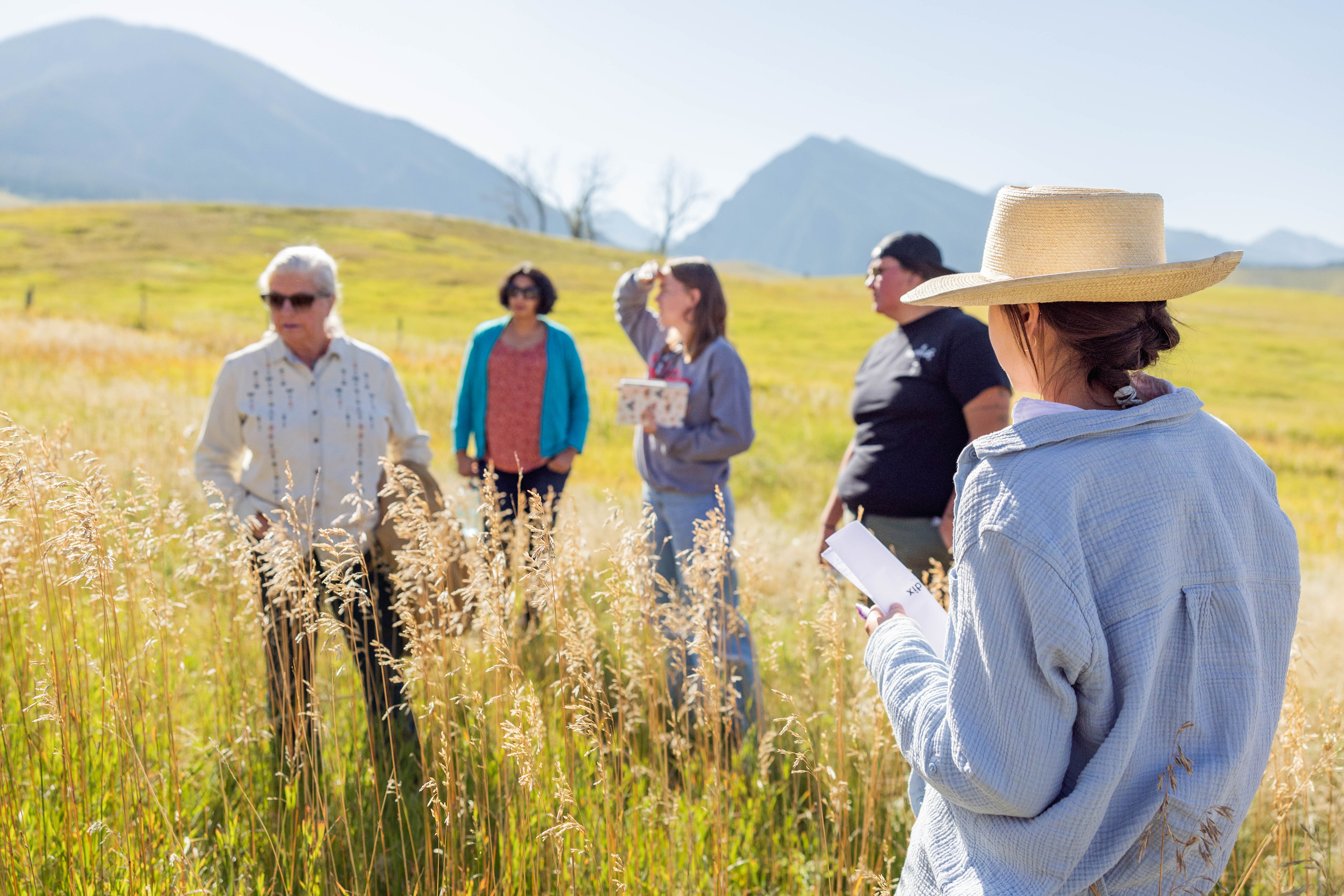
Women ranchers finding their power
Montana ranchers Amber Smith and Kristen Kipp talk about dealing with discrimination against women and Native people––and finding more powerful and shared ways of working and leading.

Montana ranchers Amber Smith and Kristen Kipp talk about dealing with discrimination against women and Native people––and finding more powerful and shared ways of working and leading.
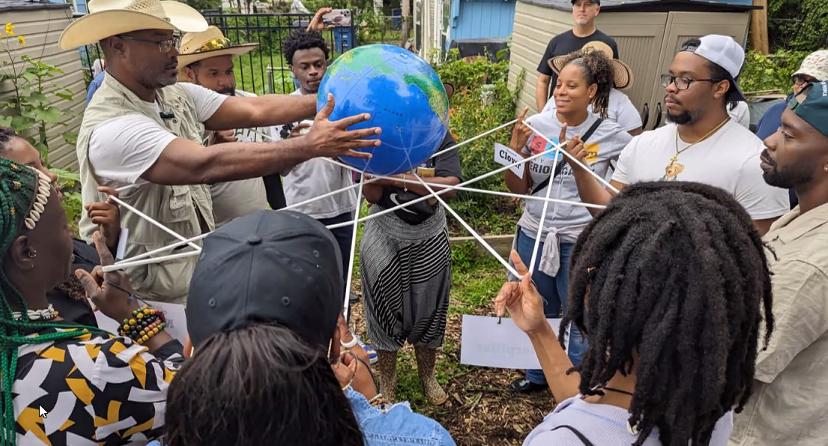
P. Wade Ross‘s great grandfather was a runaway slave who bought land in Texas. On this land his descendants founded a non-profit that helps Black farmers and ranchers to succeed in regenerative agriculture.
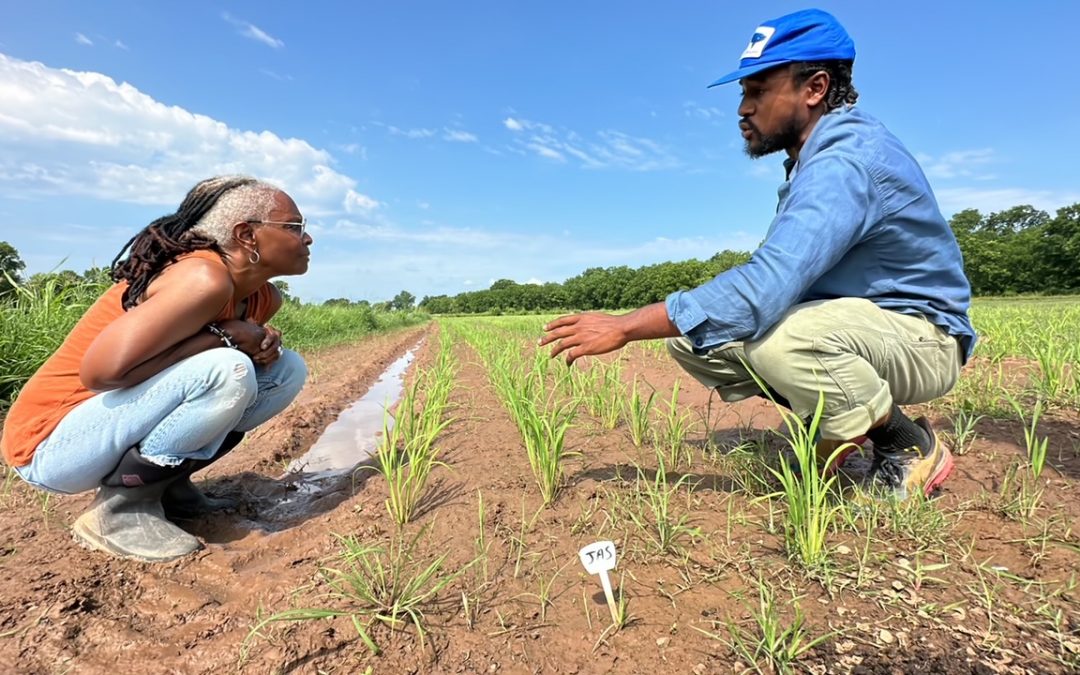
After the Civil War hundreds of thousands of Black farmers acquired farm land, but through violence, threats, racist policies, and outright theft, millions of acres have been lost. Konda Mason is working to empower black farmers to thrive and to heal historical wounds.
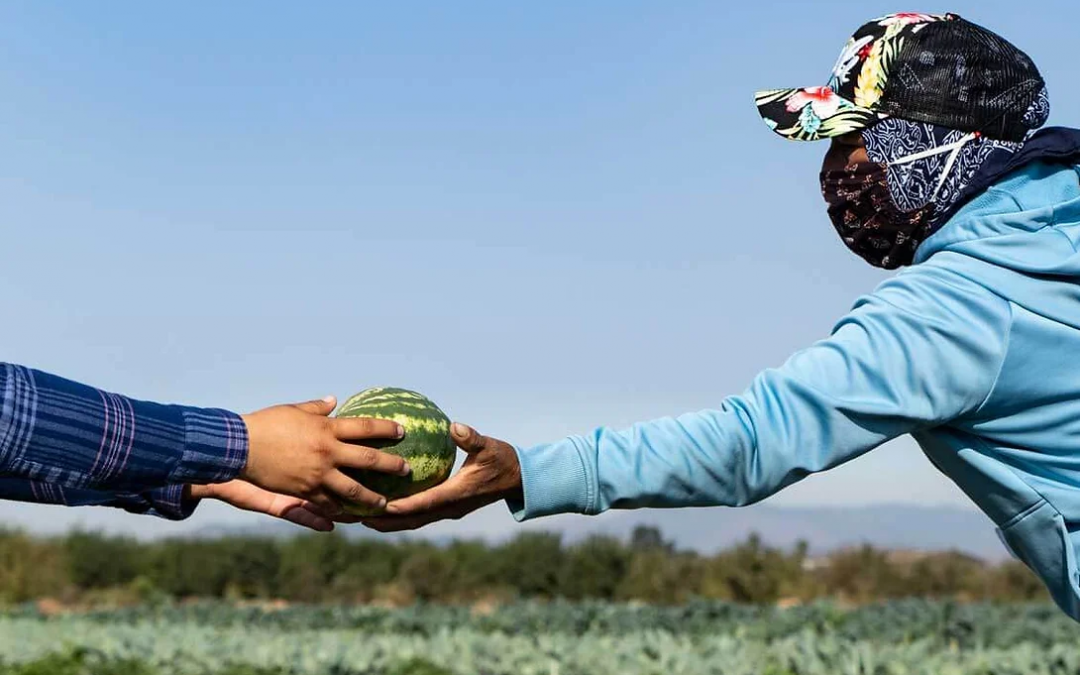
As land prices and development pressures rise, agrarians and land stewards have a hard time buying and staying on land. Neil Thapar and Mariela Cedeño talk about strategies to convert land from a commodity to what it really is––habitat, ecosystems, and where we grow our food.
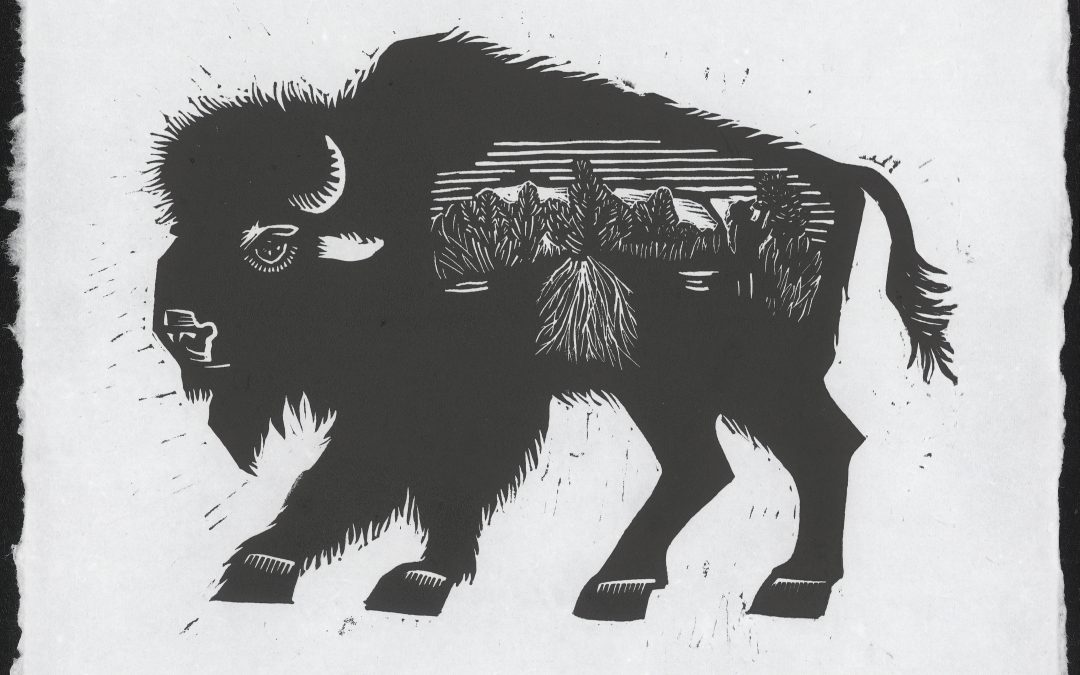
In her new book Liz Carlisle explores rich food traditions from the Americas, Asia, and Africa that have survived and thrived in the U.S.—and how they are helping to restore land and climate, and bring about a more just and humane world.
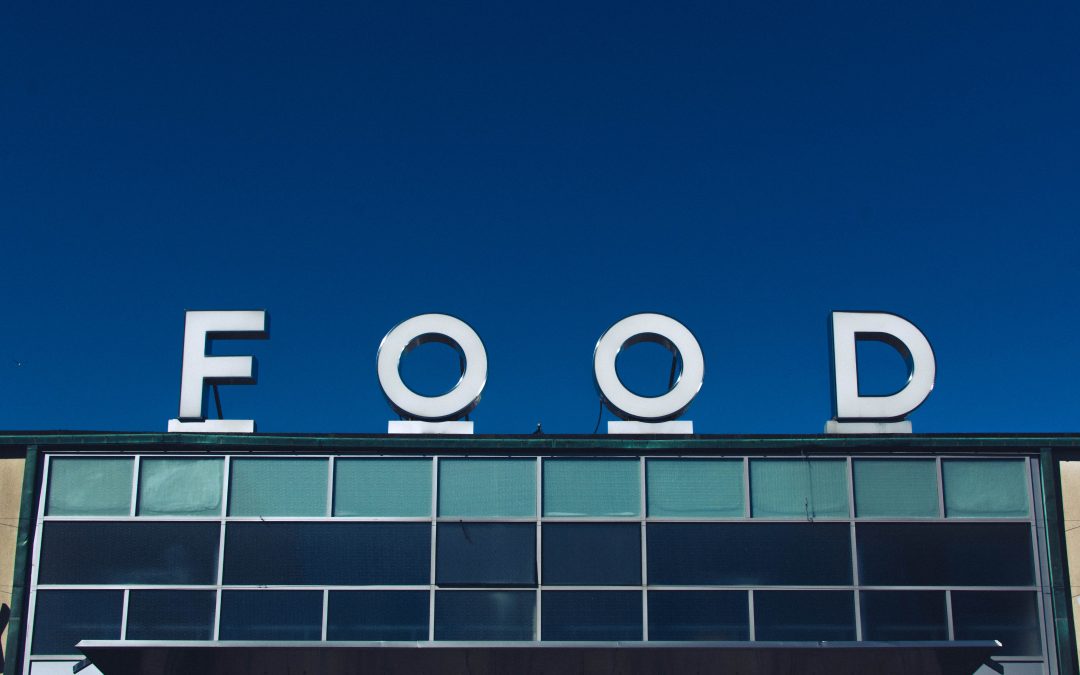
Professor Phil Warsaw noticed that in urban Black and Latino neighborhoods the price of housing near grocery stores was higher––but the same wasn’t true in more affluent White neighborhoods. Why? And how can planners balance food access and gentrification?
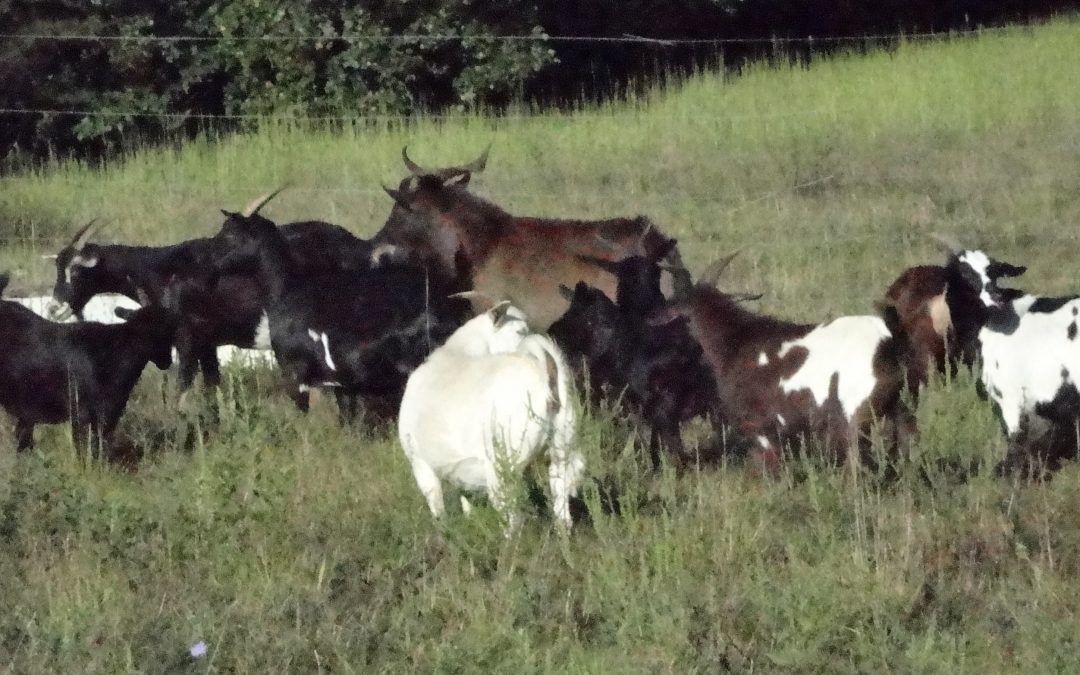
Renard Turner and his wife are agrarian entrepreneurs who produce local, sustainable, regenerative food at their Virginia goat farm–and they provide a model for future farmers and homesteaders.
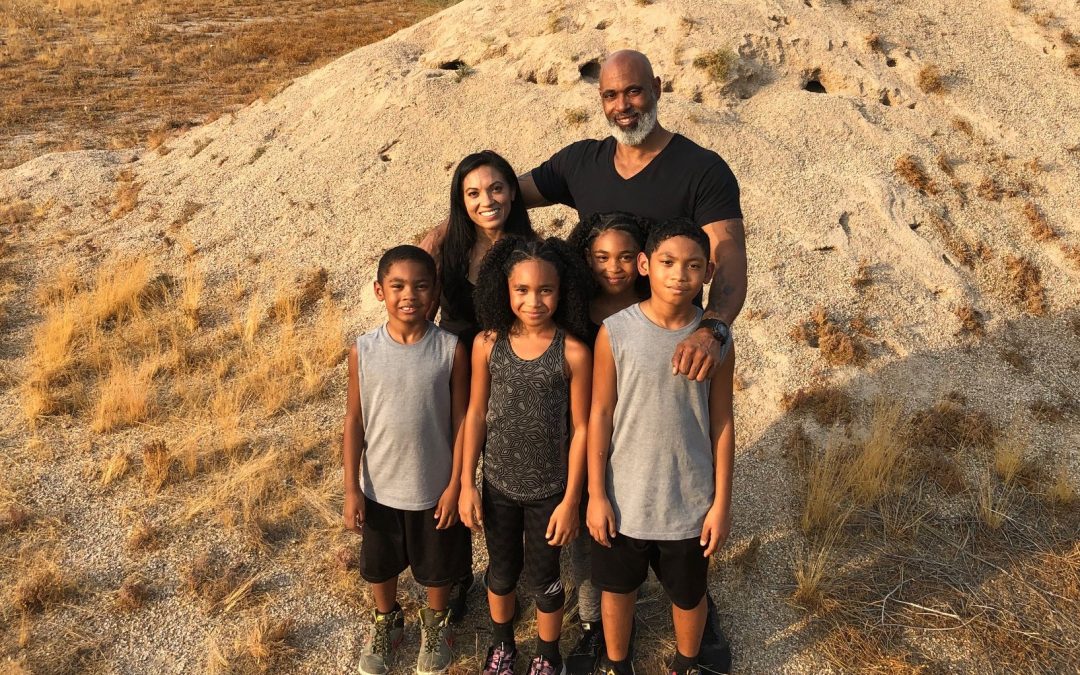
Rachael and James Stewart saw a lack of Black and Brown farmers and ranchers–and an opportunity to serve communities with unusual meat products. So they sold a classic car and started a ranch.
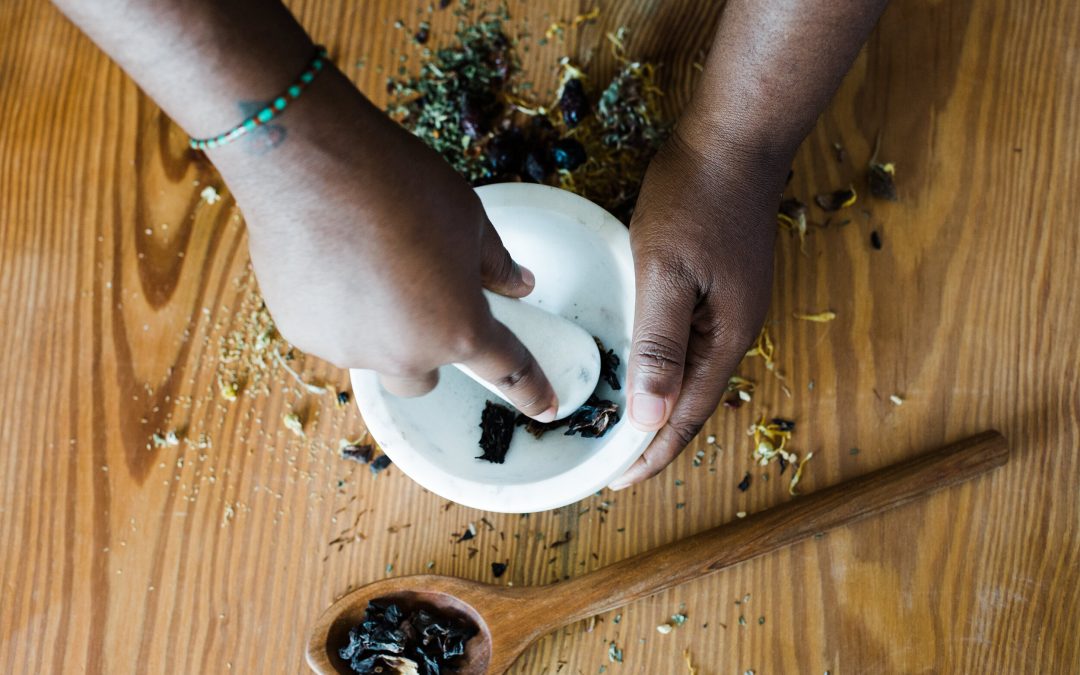
Jovan Sage carries on traditions passed down from African and Indigenous ancestors, and is a healer on many levels–herbalist, “food alchemist,” farmer, chef, and community organizer.
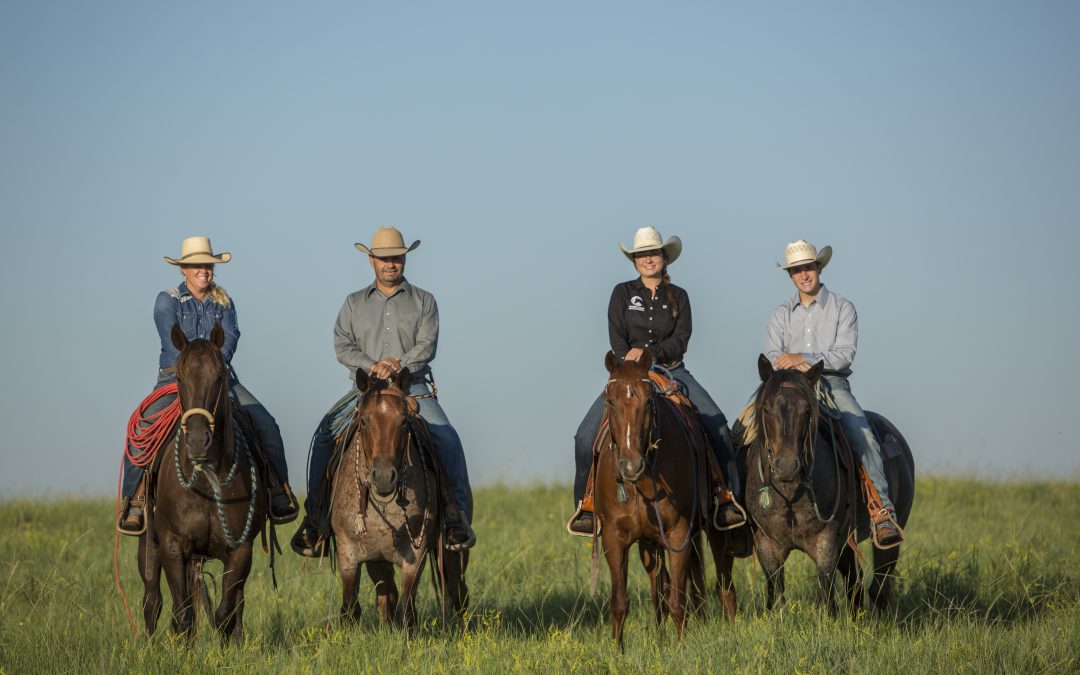
Many food producers spend so much on interest to banks that they can’t pay for improvements to make their farms more resilient and regenerative. Zach Ducheneaux talks about an alternative that’s already having some success in Indian country.